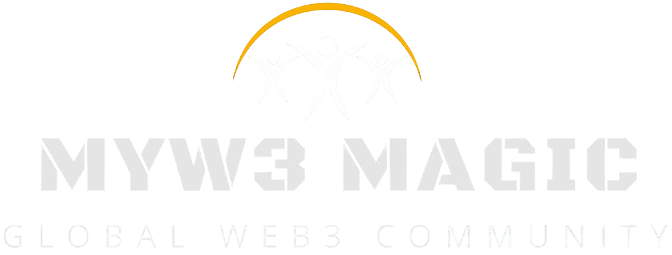The advent of Web3 marks a significant shift from the traditional internet (Web2), bringing decentralization, enhanced security, and new opportunities for users and developers alike. Here, we explore some of the most compelling use cases of Web3 technology.
Decentralized Finance (DeFi)
DeFi represents a paradigm shift in financial services, eliminating intermediaries like banks. Platforms such as Uniswap and Aave allow users to trade, lend, and borrow assets directly from their crypto wallets. This democratization of finance offers lower fees, faster transactions, and greater accessibility, especially for those without access to traditional banking systems.
Non-Fungible Tokens (NFTs)
NFTs have revolutionized the world of digital ownership and art. These unique digital assets, verified on the blockchain, ensure provenance and authenticity. Artists, musicians, and creators can sell their work directly to consumers, retaining more control and profit.
Decentralized Autonomous Organizations (DAOs)
DAOs are organizations governed by smart contracts and the community, rather than a central authority. This model promotes transparency and democratized decision-making. Projects like MakerDAO and The DAO have shown how decentralized governance can operate efficiently.
Web3 Gaming
Web3 gaming integrates blockchain technology to create play-to-earn models, where players can earn real value through in-game activities. Games like Axie Infinity and Decentraland offer virtual economies where players can trade assets and earn cryptocurrency.
Wrapping Up
Web3 is poised to transform multiple industries by fostering decentralization, transparency, and user empowerment. From finance and art to gaming and data privacy, the potential applications of Web3 technology are vast and varied, promising a more equitable and innovative digital future.
